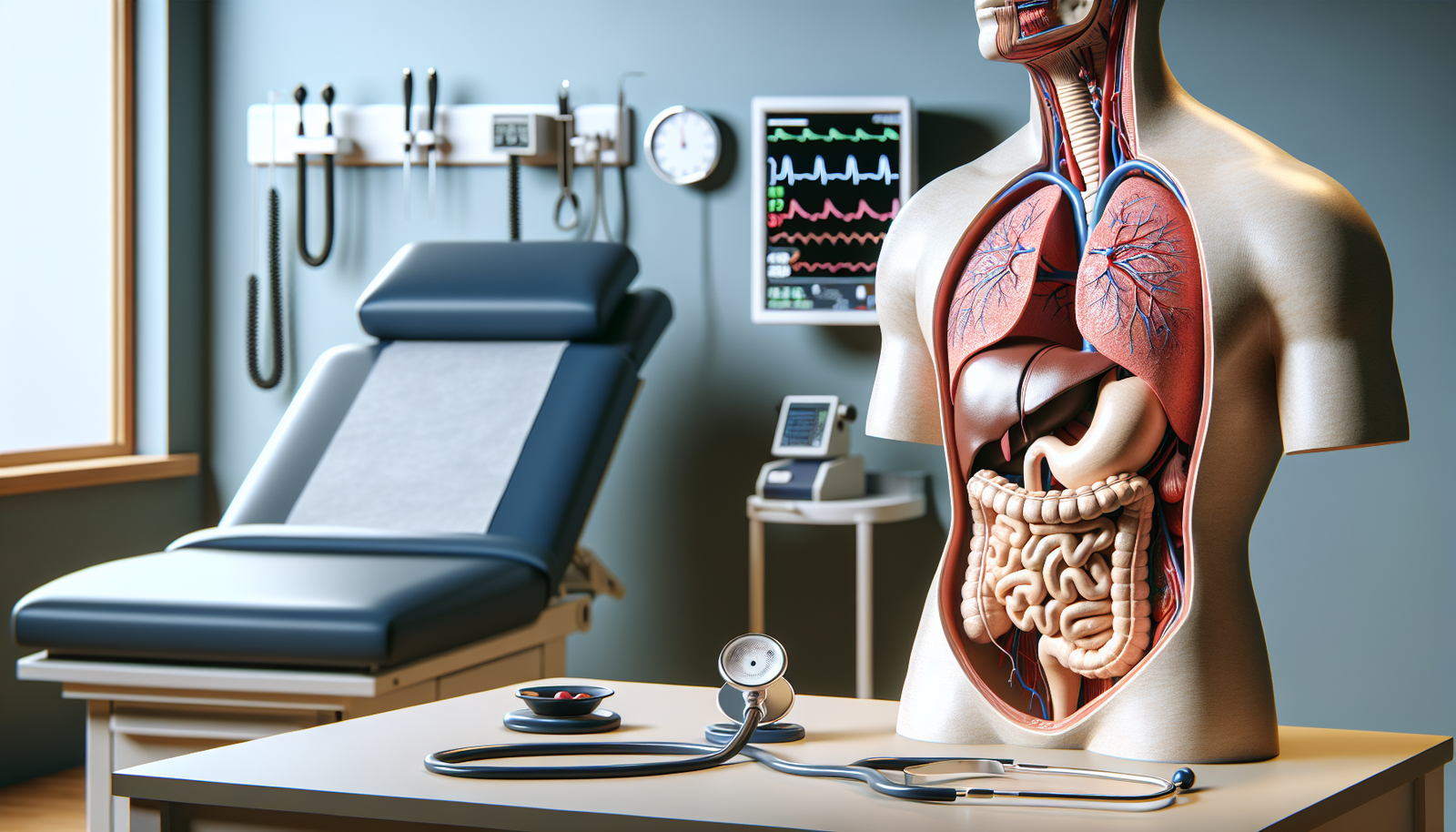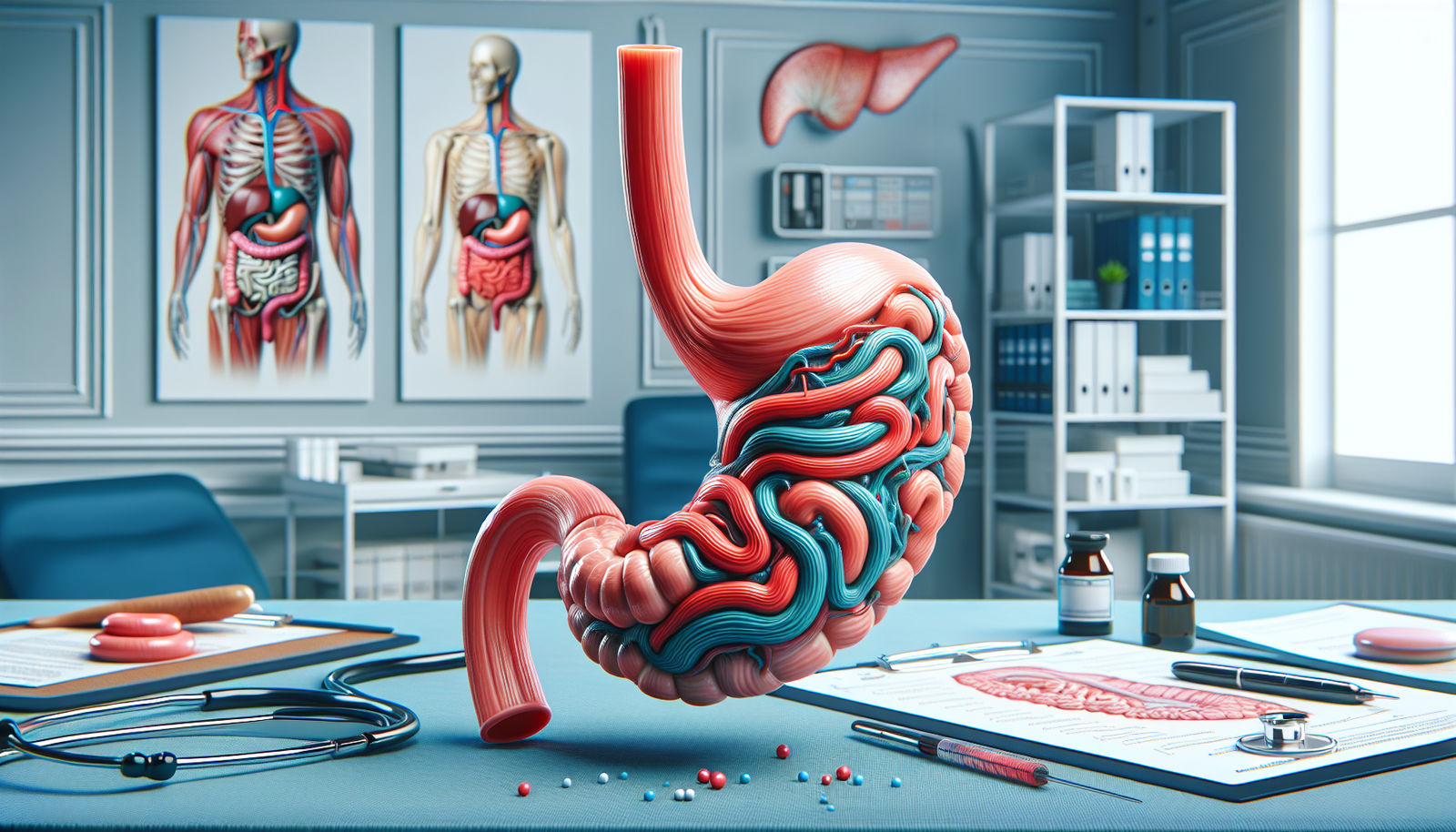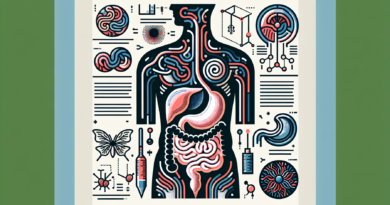Understanding the Causes of Stomach Pain
You’re sitting at home when suddenly, a piercing pain shoots through your stomach. What could it possibly be this time? Is it something you ate or could it be more serious? “Understanding the Causes of Stomach Pain” aims to enhance your comprehension of what exactly might be going on inside your body. This article sheds light on the diverse causes of stomach pain, helping to spot differences among various types of discomfort, to decipher what your body might be trying to tell you. From basic indigestion to more severe issues like gallstones, you’ll soon become far more familiar with the potential problems behind those inconvenient and often alarming stomach aches.

Understanding the Digestive System
The digestive system is a crucial part of your body that’s responsible for processing the food you eat and turning it into energy and nutrients. It helps the body intake, digest, absorb, and excrete—keeping your body functioning at peak performance.
General anatomy of the digestive system
The digestive system consists of several organs all connected in a long tube from the mouth to the anus. This includes the mouth, esophagus, stomach, small intestine, large intestine, rectum, and anus. Digestion begins in the mouth where food is broken down by chewing and mixed with saliva, then it moves down the esophagus into the stomach.
Function of the stomach in digestion
The stomach plays a major role in digestion. It is a muscular sac that churns and physically breaks down food using gastric juices that combine to make stomach acid. It also produces pepsin, a digestive enzyme that breaks down proteins, and intrinsic factor, a substance our bodies need in order to absorb vitamin B12.
Types of Stomach Pain
When something goes amiss in any part of this system, you might experience stomach pain. The nature of the pain—be it acute, chronic, referred, or localized—can often serve as a clue as to what’s went wrong.
Acute pain
Acute stomach pain is sudden and severe. This might indicate a problem that necessitates instant medical attention, such as appendicitis or gallstones.
Chronic pain
Chronic pain, on the other hand, is persistent and long-lasting. Conditions that can cause chronic stomach pain include gastritis, peptic ulcer disease, and gastroesophageal reflux disease.
Referenced pain
Referenced pain is felt in an area of the body that is distant from the source of the pain. In the case of digestive disorders, for example, a pancreatic problem might cause you to feel pain in your back.
Localized pain
Localized pain is restricted to one area of the abdomen. This can indicate problems with specific organs, like the gallbladder, pancreas, or appendix.
Common Causes of Stomach Pain
Several common conditions are known for causing stomach pain.
Indigestion
From overeating to eating too fast, these lifestyle choices can all lead to indigestion, causing discomfort or pain in your upper abdomen.
Gastroenteritis
Also known as the stomach flu, causes inflammation and irritation of the stomach and intestines. If you have gastroenteritis you might experience stomach pain, vomiting, and diarrhea.
Gastric ulcers
Gastric ulcers, also called stomach ulcers, are painful sores in the stomach lining. Gastric ulcers can cause severe discomfort and pain.
Gallstones
Gallstones are solid particles that form in your gallbladder. A gallbladder attack, which is often triggered by large or fatty meals, can cause severe pain in the upper-right abdomen.

Less Common Causes of Stomach Pain
While the aforementioned conditions are quite common, stomach pain can also be caused by less frequently occurring conditions as well.
Pancreatitis
Pancreatitis is inflammation of the pancreas which can cause upper abdominal pain that might radiate into the back.
Hernia
A hernia happens when part of an organ pushes through an opening in the muscle that holds it in place. Depending on its location, a hernia can cause stomach or groin pain.
Kidney stones
Yes, you guessed it right—kidney stones, while primarily causing back pain, can also result in stomach pain.
Cancer
Various cancers can cause stomach pain, including stomach cancer, pancreatic cancer, and colorectal cancer.
Infectious Causes of Stomach Pain
Inherits infections can wreak havoc on the digestive system, leading to different types of stomach pain.
Bacterial infections
Bacterial infections, like H. pylori, can cause ulcers and gastritis.
Viral infections
Viral gastroenteritis is inflammation of the stomach and intestines caused by a virus. The infection can lead to diarrhea and vomiting.
Parasitic infections
Parasitic infections such as giardiasis can cause stomach pain and diarrhea.
Digestive Disorders and Stomach Pain
Digestive disorders can often lead to discomfort, abnormal bowel movements, and pain in the stomach.
Irritable bowel syndrome (IBS)
IBS is a common disorder that affects the large intestine. It can cause cramping, abdominal pain, bloating, gas, and diarrhea or constipation.
Gastroesophageal Reflux Disease (GERD)
GERD is a digestive disorder that affects the lower esophageal sphincter, causing heartburn or acid indigestion.
Crohn’s disease
Crohn’s disease is a type of inflammatory bowel disease that causes inflammation of your digestive tract leading to abdominal pain, severe diarrhea, and even malnutrition.
Celiac disease
Celiac disease is an immune reaction to eating gluten, a protein found in wheat, barley, and rye. People with celiac disease might experience abdominal pain and diarrhea.
Food Intolerance and Allergies
Certain types of food intolerances and allergies can also lead to stomach pain.
Lactose intolerance
People with lactose intolerance are unable to fully digest the sugar in milk, resulting in diarrhea, gas and bloating.
Gluten intolerance
Non-celiac gluten sensitivity can cause symptoms such as diarrhea, stomach pain, tiredness, bloating, and depression.
Food allergies causing stomach pain
Food allergies can cause a range of symptoms from mild reactions to severe abdominal pain and potentially life-threatening anaphylaxis.
Impact of Lifestyle Choices on Stomach Pain
Your lifestyle choices also have an impact on your digestive health and can be a common cause of frequent stomach pain.
Effect of Smoking and Alcohol
Both smoking and alcohol can irritate your stomach and increase the risk of problems like ulcers, gastritis, and GERD.
Impact of Stress
Stress can affect digestion and what nutrients your intestines absorb, as well as how quickly food moves through your body which can lead to stomach pain and discomfort.
Unhealthy Dietary Habits
Unhealthy eating, like consuming a lot of junk and processed food, or having large, high-fat meals can slow down digestion and lead to stomach pain.
Diagnosing Causes of Stomach Pain
Diagnosing the cause of stomach pain generally begins with a thorough clinical history and a physical exam, and may involve several tests.
Medical History and Physical Examination
Discussion of symptoms and examination can help to distinguish between various types of stomach pain and can give clues to the underlying cause.
Imaging Tests
Imaging tests like X-rays, ultrasounds, or CT scans can be used to visualize organs and detect issues like stones, tumors, or inflammation.
Laboratory Tests
Lab tests, including blood, urine, and stool tests, can help identify signs of infection, inflammation, or other conditions.
Endoscopy
Endoscopy can help doctors view the inside of your stomach and collect tissue samples.
Laparoscopy
For certain conditions like hernias or tumors, a laparoscopy might be done. It’s a surgical procedure used to examine organs within the abdomen.
Treatment and Management of Stomach Pain
The treatment of stomach pain depends on its cause. Treatments can range from lifestyle changes to medical procedures or medications.
Home Remedies
For mild stomach pain, home remedies like resting, avoiding hard-to-digest foods, drinking water, and using a heating pad can be effective.
Medications
For chronic conditions or intense pain, medications ranging from antacids and pain relievers to antibiotics for infections might be recommended.
Dietary Changes
For many conditions, dietary changes like avoiding trigger foods, increasing fiber intake, or following a special diet can help reduce symptoms.
Surgical Intervention
In some cases—like appendicitis, gallstones, or hernia—surgical intervention might be the only effective treatment.
Stomach pain is a common affliction that can be caused by a variety of conditions—some minor and some serious. If you’re experiencing recurring or severe stomach pain, it’s important to seek medical attention to identify and treat any potential underlying conditions.




